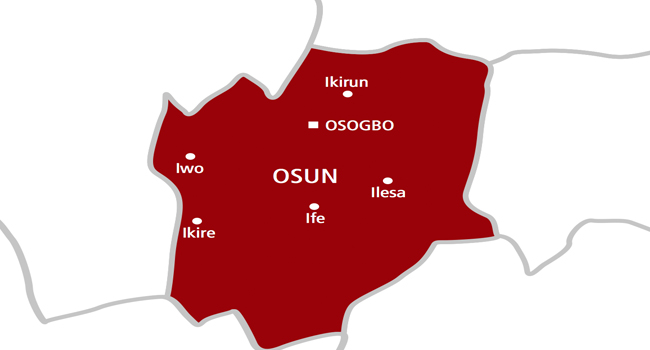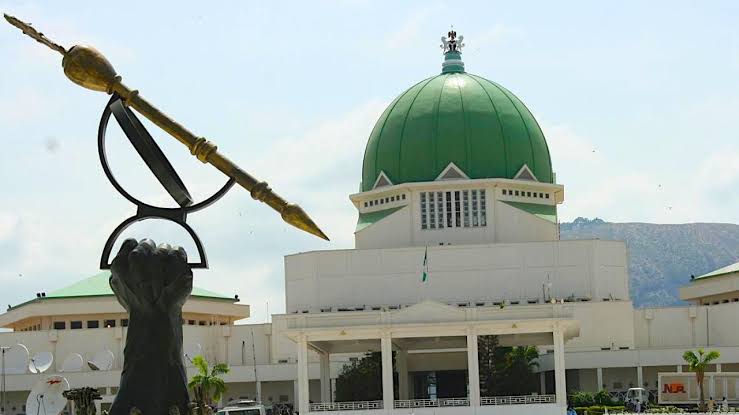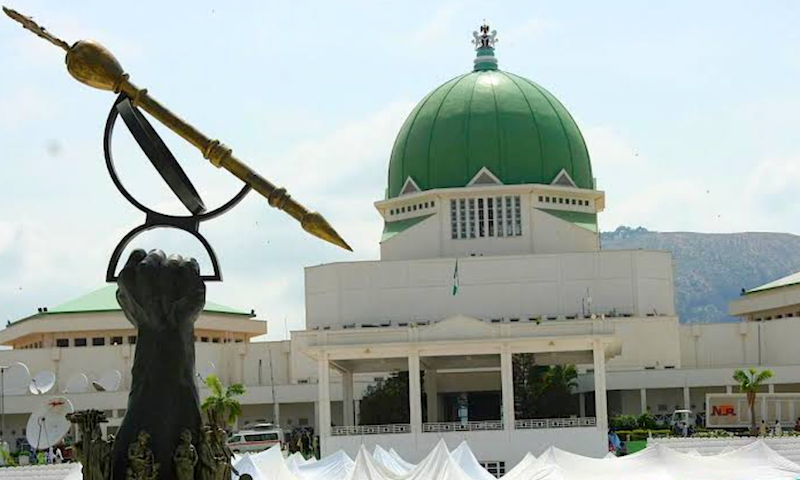Nigerians are as usual, being entertained to the soap opera called budget defence. The 2025 episode is living to its billing.
Already, a Senator has staged a walk out on his own committee. The Inspector-General of Police, Kayode Egbetokun sat in the National Assembly, NASS on Thursday, January 16, 2025 to present the police budget. The problem that arose was that his presentation did not align with the budget proposals sent to the NASS. Two Senators protested, but were overruled. So, one walked out. The message is that the details don’t matter, what does is the allocation of funds for spending.
The two dissenting Senators must have forgotten the Senate vote in 2024 which rejected a motion that the Senate Committees of the Army, Navy, Air Force, Police and allied forces should carry out oversight functions on their budget to ensure that they are spent in accordance with approvals, rather than be diverted by individual generals.
Then, there was the drama that the biggest on-going contract in the country, the N15.6 trillion ($12.5 Billion) Lagos –Calabar Coastal Highway is not even in the budget. The initial phase of the contract stretching 47.47 kilometres is awarded at the cost of N4 billion per kilometre. It had elicited some controversy in 2024 when N1 trillion was said to have been paid for the project without budgetary approval. So is this trend continuing?
The explanation for its non-inclusion in the 2025 budget came from several sources. For example, the Managing Partner, KPT Associates Ltd, Dr Chukwuma Katchy, the Treasurer of the Nigerian Society of Engineers, Victoria Island Branch, Babatunji Adegoke and the Managing Director of Fame Oyster & Co. Nigeria, Femi Oyedele explained to Nigerians that the said road project is an Engineering, Procurement, Construction, and Financing, EPC+F project that does not need to be included in the annual budget. They claimed that the contractor is paid at the end of the project or the end of a phase.
But unknown to these defenders, the Honourable Minister of Works, His Excellency David Umahi and, his team were using torch lights through the nights to search for the budgetary provision. They had not reported the case of a missing or abducted budgetary line to the Police when after five days, they found it. In announcing the lost but found budgetary provision, Umahi said: “What you have in the budget was Lagos-Port Harcourt Highway, it is supposed to be Lagos-Calabar Highway…” Case closed! Next episode.
Distinguished Senators savagely attacked the Joint Admissions and Matriculation Board, JAMB during its budget defence. They claimed it spent N1.1billion collected from poor students, many of them orphans, to feed its officials. The Distinguished accused JAMB of spending N850 million on security, cleaning and fumigation in 2024.
They also condemned JAMB for allegedly spending N600 million on local travels, N6.5billion on local trainings; N1 billion on staff housing scheme, maintenance of vehicle and refurbishment. JAMB, they claimed, remitted N4 billion in 2024 while collecting N6 billion from the federal government. They concluded that the government should stop giving financial allocations to JAMB.
JAMB which under its Registrar, Professor Isaq Oloyede has become the most transparent federal agency and one of the most productive public institutions, responded. It stated that the claim that JAMB spent humongous amounts in 2024 on meals or fumigation, security and cleaning, are a fiction. Its Registrar, it said, did not discuss or present anything relating to the Board’s 2024 expenditure at the budget defence.
JAMB said during the budget session, contrary to the Distinguished Senators claims, there was no N850million for fumigation or related matters and that in fact, less than N1 million was spent on fumigation in 2024 while the budget for 2025 is N2million.
It explained that in recognition of the sensitive responsibilities of its staff, to minimise exposure to the public during office hours and, avoid the danger eating in the offices poses to ICT infrastructure, the management sought and obtained approval to start providing lunch for staff. The cost of this in the last two years had been N1,200 per, per staff while under the 2025 budget, it is N2,200 including 13.5 per-cent taxes. It clarified that this new increase, if approved, comes to N1.27 billion for all its 2,300 workers.
On cleaning, JAMB stated that it has 194 outsourced cleaners across its over 40 offices and Professional Testing Centres, PTC in the country. This means it has less than five cleaners per office in every state. Its outsourced security personnel are less than ten per office across the country. JAMB further clarified that all its capital, overhead and operational costs are met by it from its Internally Generated Revenue, IGR while the government covers the salaries of only pensionable JAMB staff.
It appeared the stage was set for a titanic battle. But it turned out to be farcical. The National Assembly immediately made a U-turn. The Chairman of its Joint Committee on Finance, Senator Sani Musa, issued a statement apologising that Professor Oloyede and JAMB were wrongly accused of reckless spending.
It said that JAMB had displayed prudent use of resources and that Oloyede: “deserves commendation for demonstrating financial discipline and accountability in managing the Board’s resources effectively.” It added that: “This level of stewardship serves as a model for public institutions across the nation”.
But the question remains, why the false accusations in the first place? Was it to intimidate JAMB, and if so, for what purpose? We never might know, but this is not uncommon in the NASS.
The budget defence is still on. It means that more drama should be expected. But a curious point for me is that traditionally, the NASS, at least since the Obasanjo administration, annually pads the budget. Some will call this a criminal act. I don’t know what you will call it. I recall that President Muhammadu Buhari annually lamented this. But I did not read about padding last year, and it does not appear to have surfaced in this budget. Is it that the NASS has become born again, repented its old ways and turned a new leaf? Or can it be that it has reached some accommodation with the Tinubu administration?
Another issue is the NASS award of contract to its Distinguished and Honourable Members without proper accountability or checks and balances. It is euphemistically called ‘Constituency Projects’
Yet another matter on budgeting arises. This again, is an old matter. How much do our Senators and the Honourable budget for themselves as total emolument monthly? Senator Sumaila Kawu, Kano South, revealed in August 2024 that he was being paid N21 million monthly.
What we have is a rainbow coalition of the unaccountable. God bless the Federal Republic of Nigeria.








